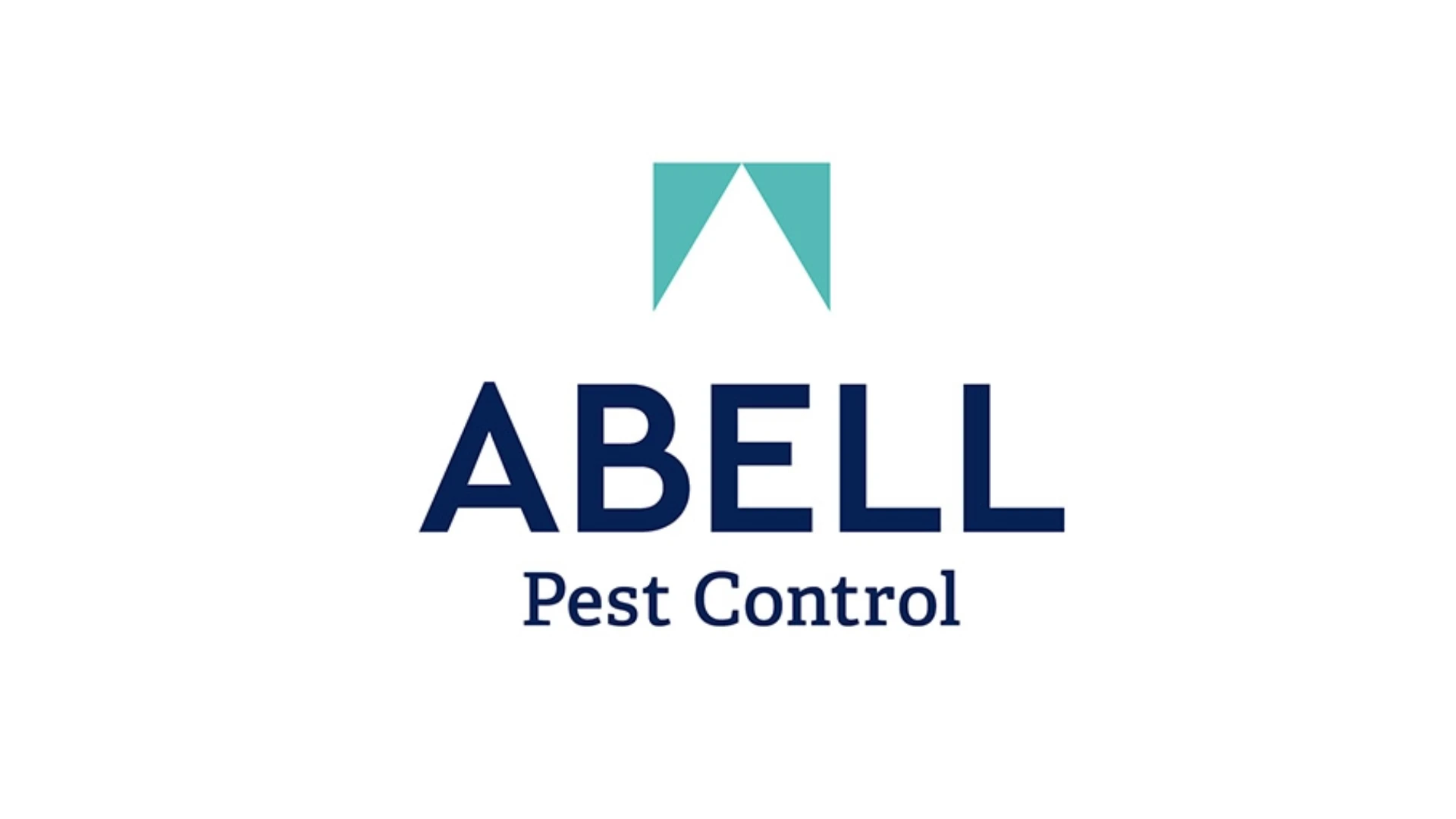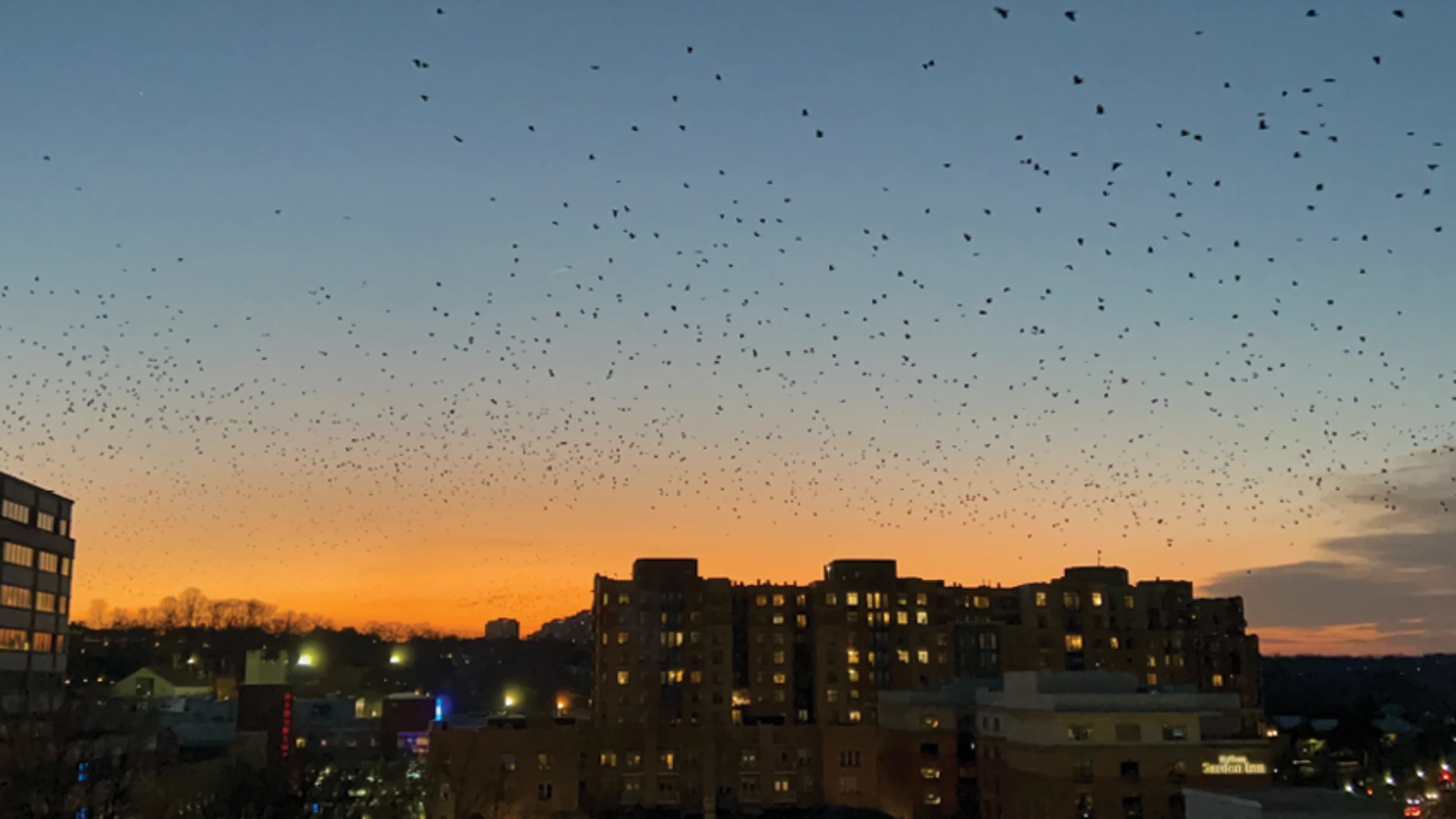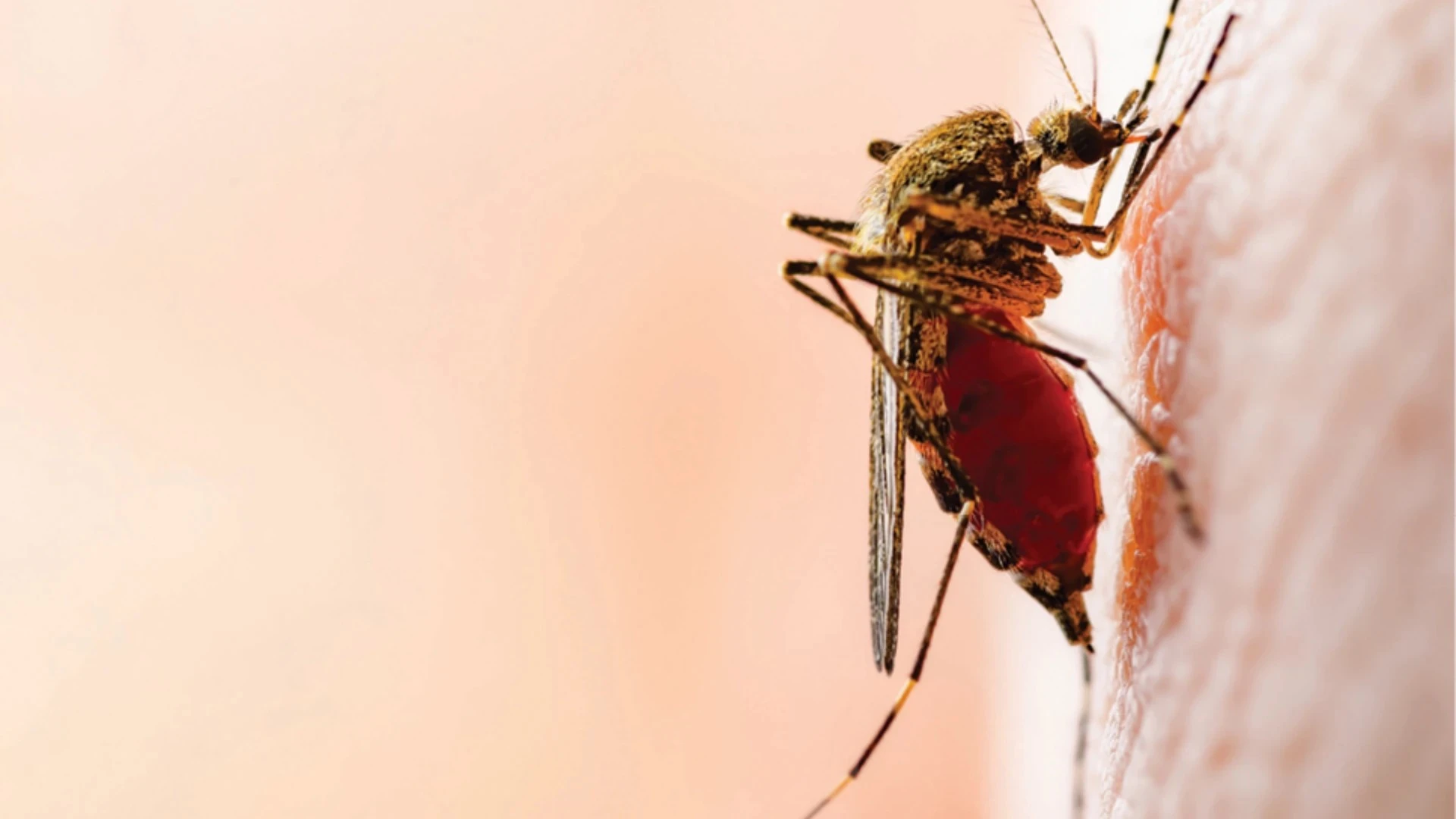
istock
Bed bugs can cause problems with tenants who have tendencies to hoard items or are unclean about the way they keep the apartment or rental. But when units are left alone, the problems can be just as bad.
While an empty apartment may seem easier to control and treat, it’s also harder at times to find the root cause of issue, some pest technicians say. In addition, vacant units that are not empty make it twice as difficult.
The Environmental Protection Agency (E.P.A.) has guidelines through its “Collaborative Strategy on Bed Bugs” document from The Federal Bed Bug Workshop, which are strategies for bed bug protection to help the industry provide greater control. With regard to vacant units, the strategy document states the following: “If a unit is vacant, bed bugs may behave differently (for example, by becoming inactive or more active during the day) while waiting for a new host to arrive.”
So, not only do pest technicians need to be know how to treat properly for bed bugs, but also need to understand as much as possible about the insect’s behavior to know these differences when examining vacant units.
The Mallis Handbook of Pest Control’s chapter on bed bugs states that active monitoring devices are a one of several preventative measures that PMPs can take when inspecting vacant units suspected of having bed bug activity. According to Mallis, the preventative use of monitors includes the following:
• Active monitors employ one or more lures, such as CO2, heat and chemical attractants, to attract bed bugs (typically host seeking bugs). These devices may prove especially useful for detection of bed bugs in unoccupied hotel guest rooms, vacant apartment units, or units that share a common wall with a known infestation.
Other preventative measures offered by Mallis are using encasements, interception devices, daily routine inspections, and periodic intensive and specialized inspections.
Jeffrey King is President of Pennsylvania-based The Pest Rangers, which has four locations throughout the state and does steady bed bug work as one of its core services. According to King, vacant units provide challenges to the pest control community.
“Vacant unit inspections always pose a risk, in our opinion,” King says. “If the unit is empty, it does not leave a lot to inspect. You could look for signs if they had a sizeable infestation, but a small-to-moderate infestation can go undetected in a vacant unit. We would be using K-9 dogs to sweep vacant units instead of sending technicians in to inspect.”
Ashley Roden is Technical Manager for Tacoma, Washington-based Sprague Pest Control, and they work with mostly commercial customers across the board.
“They have us go through every unit, a lot are based on complaints from the tenant and then if they complain we check the surrounding units,” Roden says. “Anytime we do inspections we check surrounding units and place traps so we can monitor and so that if we did a treatment we can see if it works. We do a lot of chemical treatments and some heat treatments, as well.
“We have been seeing a huge surge in bed bug service requests in apartments and some the tenant is there and waited through COVID-19 and others they were evicted (prior) and left behind (the issue). With apartments it’s not the tenant requesting services it’s the property manager. But also, on the west coast things are really locked down. Here people are pretty cautious, so we don’t do standalone homes, but we do treat apartment buildings.”
David Poplin, A.C.E., is CEO and President of CDS Services. He works with all types of commercial customers and understands the issues that vacant rental spaces can cause.
“Having an action plan to inspect all newly vacant units can help identify bed bug activity before it spreads to a new tenant,” says Poplin. “It also could be beneficial to have a random inspection for occupied units especially those with long-term tenants.”
Latest from Pest Control Technology
- Hawaii PCO Shares Regulatory Challenges, Business Impacts from Lahaina Wildfires
- 5 Tips for Reducing Waste in the Office and in the Field
- OvoControl Now Available in Chile
- Envu Announces Savings Programs for Pest Management Professionals
- Follow the Trail
- Carpenter Ants: Understanding the Bothersome Burrowers
- Massey Services Acquires Insight Pest Solutions of San Antonio
- Target Specialty Products Expands Sales Leadership Team





